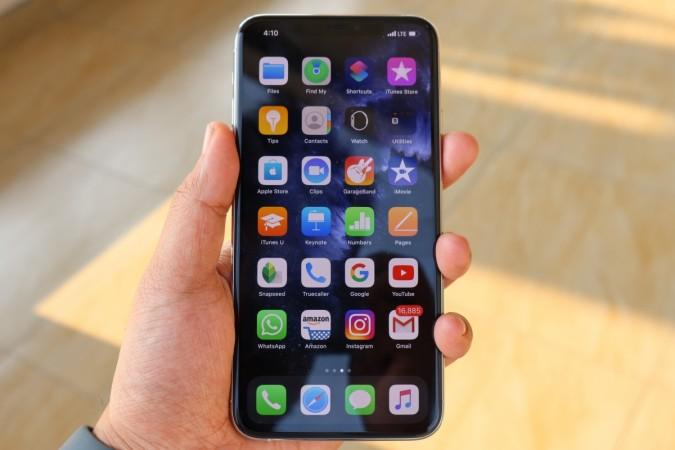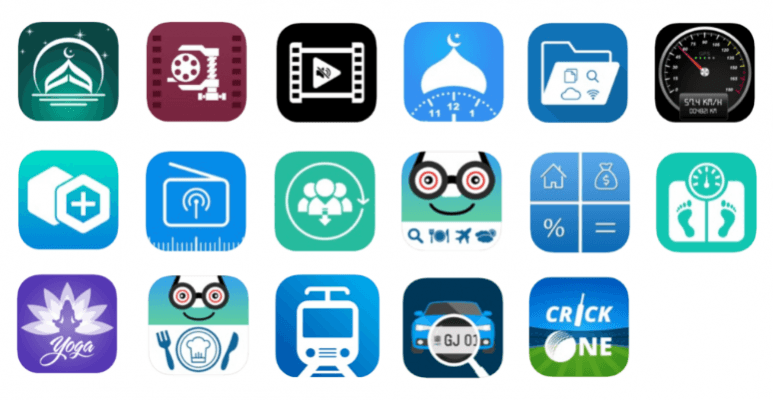While Google is facing scrutiny over letting malicious apps in its Play Store, it is Apple's App Store that has come under the scanner for the same reasons. If you're an iPhone user, beware of these 17 iOS apps that have already been removed from App Store for carrying clicker trojan malware.
For Apple, the security and privacy of its users has always remained a top priority. But some incidents like Siri recordings fiasco tainted that fine image. Apple took countermeasures to contain the damage, but another episode of a privacy breach has occurred in the form of infected iOS apps. Apple was quick enough to delete them from its App Store, but iPhone users need to be on alert.
Mobile security firm Wandera discovered 17 apps infected by malware, which was illegally generating revenue through click-fraud. These infected apps would receive commands from the control server to load advertisements, open website in the background and change device settings to subscribe users to expensive subscriptions services - all without users content or knowledge.

Listed below are the 17 apps infected by clicker trojan malware:
- RTO Vehicle Information
- EMI Calculator & Loan Planner
- File Manager – Documents
- Smart GPS Speedometer
- CrickOne – Live Cricket Scores
- Daily Fitness – Yoga Poses
- FM Radio PRO – Internet Radio
- My Train Info – IRCTC & PNR (not listed under developer profile)
- Around Me Place Finder
- Easy Contacts Backup Manage
- Ramadan Times 2019 Pro
- Restaurant Finder – Find Food
- BMI Calculator PRO – BMR Calc
- Dual Accounts Pro
- Video Editor – Mute Video
- Islamic World PRO – Qibla
- Smart Video Compressor

All of these apps have been listed from different countries, but all belong to a single developer based in India, AppAspect. These apps are productive in nature, providing news info and such, which raises doubts about the developer's involvement in any wrongdoing.
"It's unclear whether the bad code was added intentionally or unintentionally by the developer," Wandera pointed out.
AppAspect had faced similar delisting of apps from Google's Play Store recently. But the developer republished the apps and Wandera found no indication of malicious functionality. This suggests a rogue developer could be the miscreant.
Regardless of what might be the truth, iPhone users must check all the apps installed on their phones. Even if one of the 17 apps are found on the iPhone, it is important to uninstall them immediately to avoid fraud. It's also advised to check the bank statements for any fraudulent transactions and consult with the bank on any recurring charges.















